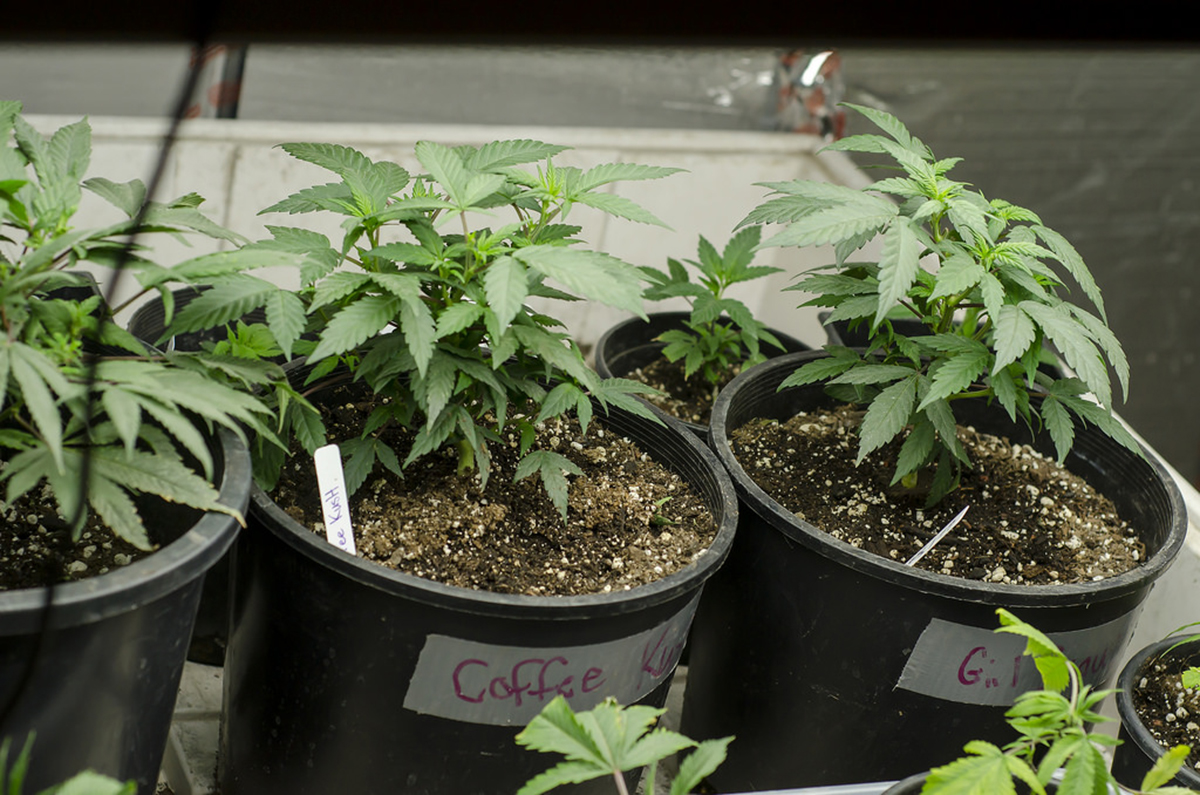Table of Contents
Changes in marijuana laws in the United States make the next tip timely.
5. Marijuana in your bedtime "cookies" is not necessarily helpful in helping you sleep.
Lots of pot enthusiasts get the idea that marijuana can cure any health condition, but that's not true of all strains of marijuana for any health condition, and it's certainly not true for marijuana for insomnia. Smoking marijuana is not ideal for treating sleep disorders. It's absolutely not a good idea to smoke marijuana in bed to get to sleep. However, orally administered marijuana may be helpful, even if it is taken in the middle of the night. Strains that are high in THC will make you stoned, not sleep. Strains that are high in CBD and a chemical called myrcene, especially if they are low in THC, can be helpful in getting too sleep. Pot you buy on the street illegally isn't tested for these chemicals. Pot you buy lawfully from a marijuana dispensary may be, but you need to ask your dealer about the specific strain for the specific health concern and then use the "herb" in the form, for insomnia, usually a food, that will really help.

6. Cherries, especially Montmorency cherries, will help you sleep.
Tart Montomorency cherries contain naturally occurring melatonin, the hormone that tells your brain it's time to go to sleep. Although there is a downside similar to that of milk and cookies, namely a high sugar content, either fresh cherries, or canned cherries, or even cherry pie can help you get to sleep faster. Ideally, eat cherries about half an hour before bedtime, and avoid eating cherries during the day. If you ever notice your guests drowsing off after you serve a black cherry sorbet or Cherries Jubilee at a dinner party, you'll see exactly how the effect works.
7. Don't just avoid too much caffeine at bedtime. Limit caffeine consumption all day long.
There are some real benefits from drinking coffee. It can, oddly enough, lower blood pressure. It can help with blood sugar regulation. However, if you drink too much caffeinated coffee during the day, you risk sleep problems even if you avoid coffee and other caffeinated beverages during the evening. The reason coffee and caffeine aggravate sleep problems is that they interfere with calcium absorption, and the calcium deficit interferes with your nervous system's settling down as you lie down at night.
8. Heavy, fatty meals can keep you falling asleep.
High-fat meals stay in your stomach longer. Eating a high-fat meal at dinner, or any time four to six hours before bedtime, can keep you from falling asleep because of the weight around your waist. If you're prone to gastroesophageal reflux disease, the lingering food in your stomach can also cause you heartburn. There are two ways to deal with this problem. One is simply not to eat a high-calorie high-fat meal in the evening. If you must eat too much fatty food at a social occasion, at least try to consume some bitter foods at the beginning of the meal to stimulate the secretion of stomach acid to send food downward faster.
READ Sleep Your Pounds Away: The Best Foods To Eat Before Bed
9. Almonds and oatmeal earlier in the day help you get to sleep more readily.
Like milk, almonds and oatmeal provide the tryptophan your brain uses to make serotonin. Unlike milk, the tryptophan from these foods is released into the bloodstream more slowly so you need to eat them earlier in the day.
10. Some foods keep you awake. Avoid them.
There are certain foods that often interfere with sleep. These are foods that are high in the amino acid tyramine (not to be confused with tryptophan), which is particularly abundant in stinky cheeses, red wine, smoked fish, sauerkraut, aged ham, aged sausages, salami, soy sauce, Marmite, and certain kinds of beer, especially draft beer.
- Kim D.-O., Heo H. J., Kim Y. J., Yang H. S., Lee C. Y. Sweet and sour cherry phenolics and their protective effects on neuronal cells. Journal of Agricultural and Food Chemistry. 2005
- 53(26):9921–9927. doi: 10.1021/jf0518599.
- Singh O., Khanam Z., Misra N., Srivastava M. K. Chamomile (Matricaria chamomilla L.): an overview. Pharmacognosy Reviews. 2011. 5(9):82–95. doi: 10.4103/0973-7847.79103.
- Photo courtesy of felipefdesign: www.flickr.com/photos/felipefdesign/12180226014/
- Photo courtesy of scubabrett22: www.flickr.com/photos/scubabrett22/12160781894/
- Photo courtesy of felipefdesign: www.flickr.com/photos/felipefdesign/12180226014/


Your thoughts on this